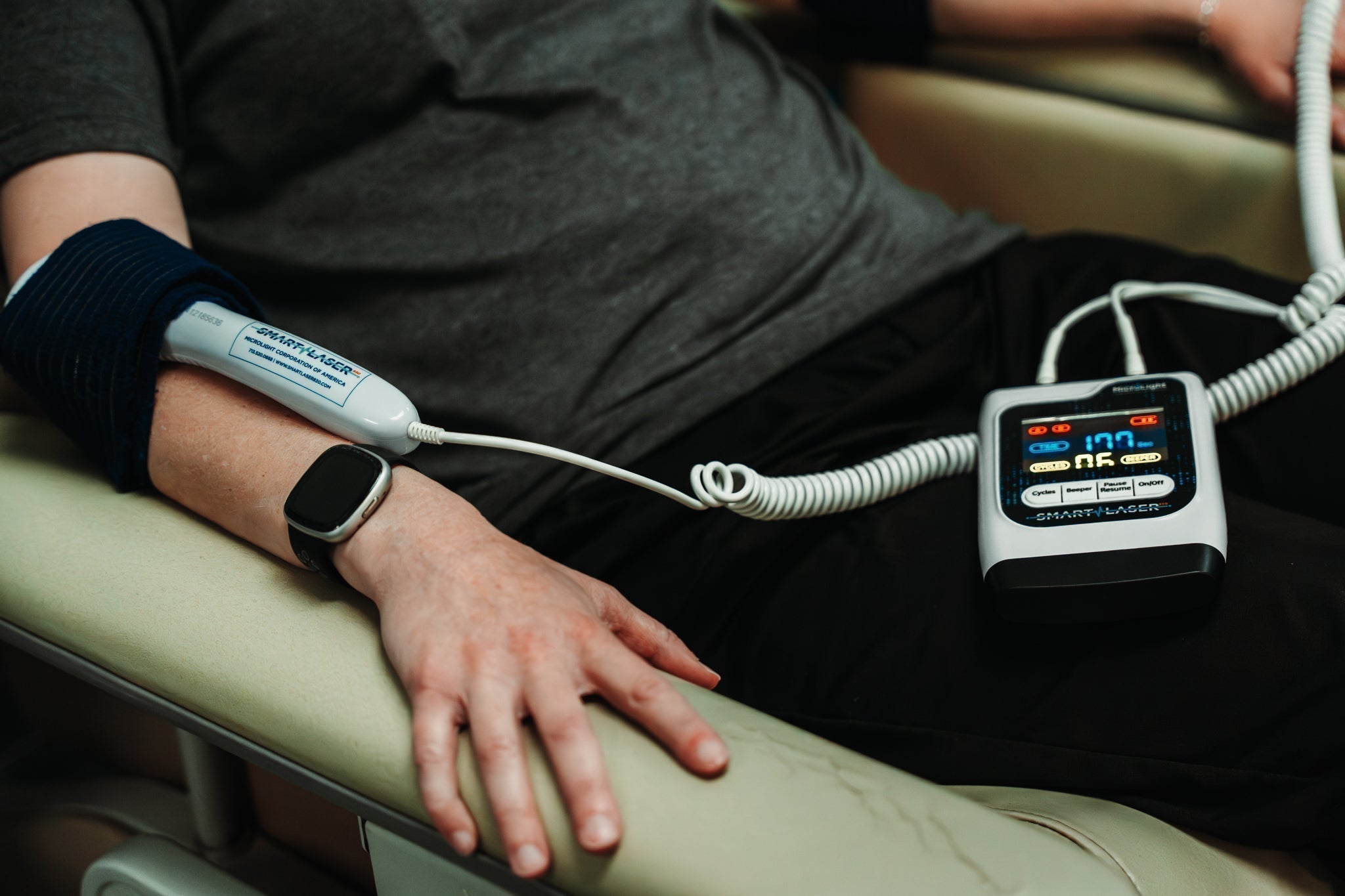Yep, you guessed it--Vitamins in a gas station.
What in the actual hell? People buy brightly colored, poorly labeled pills from a gas station?
To be fair, the majority of the general public tends to believe what they're told and take labels at face-value. If something says "all natural" or "healthy," people tend to believe it--someone will buy these gas station vitamins based purely upon what the label say is true.
But what happens when healthcare practitioners label themselves as something they're not?
To be ethical and fair, I will stay in my lane and keep this specific to my scope and training; rehab and human performance. It’s trendy now to put “sports” in a professional credential; sports chiropractor, sports physio, sports therapist, sports trainer, etc. This designation apparently qualifies someone to not only treat athletes, but also manage all parts of their programming. From rehab and strength training to nutrition and recovery, these professionals have it on lockdown.
Just look at their social media!
Overuse of sports, rehab and fitness hashtags? Check.
Pictures of practitioner and client pointing at each other? Check.
Let me be clear: I’m not picking on hashtags and pictures with clients/patients. But, usage of hashtags and pictures is earned. Not faked.
How does a practitioner earn hashtags and photo-ops you ask?
For the sake of discussion, let's provide our own "labels" to the two groups we will discuss - Sports Practitioners and Shortcut Practitioners. Here's the difference:
Sports Practitioners
This group of practitioners puts the work in behind the scenes. They take the training above and beyond their degree program to stay on top of the latest in sports medicine and performance. They are the first one to arrive at the training facility to treat, last one to leave. They are standing on the sidelines, ringside, court-side, trackside, field-side, pitch-side. They are present, solo or as part of a team of practitioners, to ensure each and every athlete has the best shot at competing at the highest performance level. They are qualified as coaches to manage some, many or all aspects of an athlete’s performance programming. The key word for this group is qualified.
In stark contrast are those with a title, but without additional qualification to be in a training facility or on a field--Shortcut Practitioners.
Shortcut Practitioners
They are a “doctor” or "specialist" of something and they think that provides the authority to write fitness training programs, advise an athlete on nutrition and put them in recovery sleeves.
Most likely, they played sports and that alone becomes their qualification. These are the practitioners that pick up their tickets at will call to get in and watch. Afterwards, they search endlessly through the crowd to find “their” athlete for photos and hashtags to keep up appearances, likes and follows. Throughout, I have attempted to keep this to licensed healthcare practitioners. I haven’t mentioned fitness and personal trainers who do rehab, nutrition and various other services with no formal training or licensure. Instead of putting in the work like the first group, these guys choose to "shortcut" their way to treating athletes.
Please allow me to tap the judgement brakes momentarily.
If you don’t work in strength and conditioning, but have a client who needs it, refer. If you aren’t great at rehab and a patient needs great rehab care, refer. Same with nutrition or any other specialized skill set. If you aren’t that practitioner, for the sake of your client or patient, REFER!All practitioners have inherent value. Some just overstate it. Some know when they are out of their depth and call on others who have the qualifications to provide better service in a specific area.






Share:
Sciatica or Superficial Nerves?
Optimal vs Practical Range-of-Motion in Training - Which is best for reducing injury?